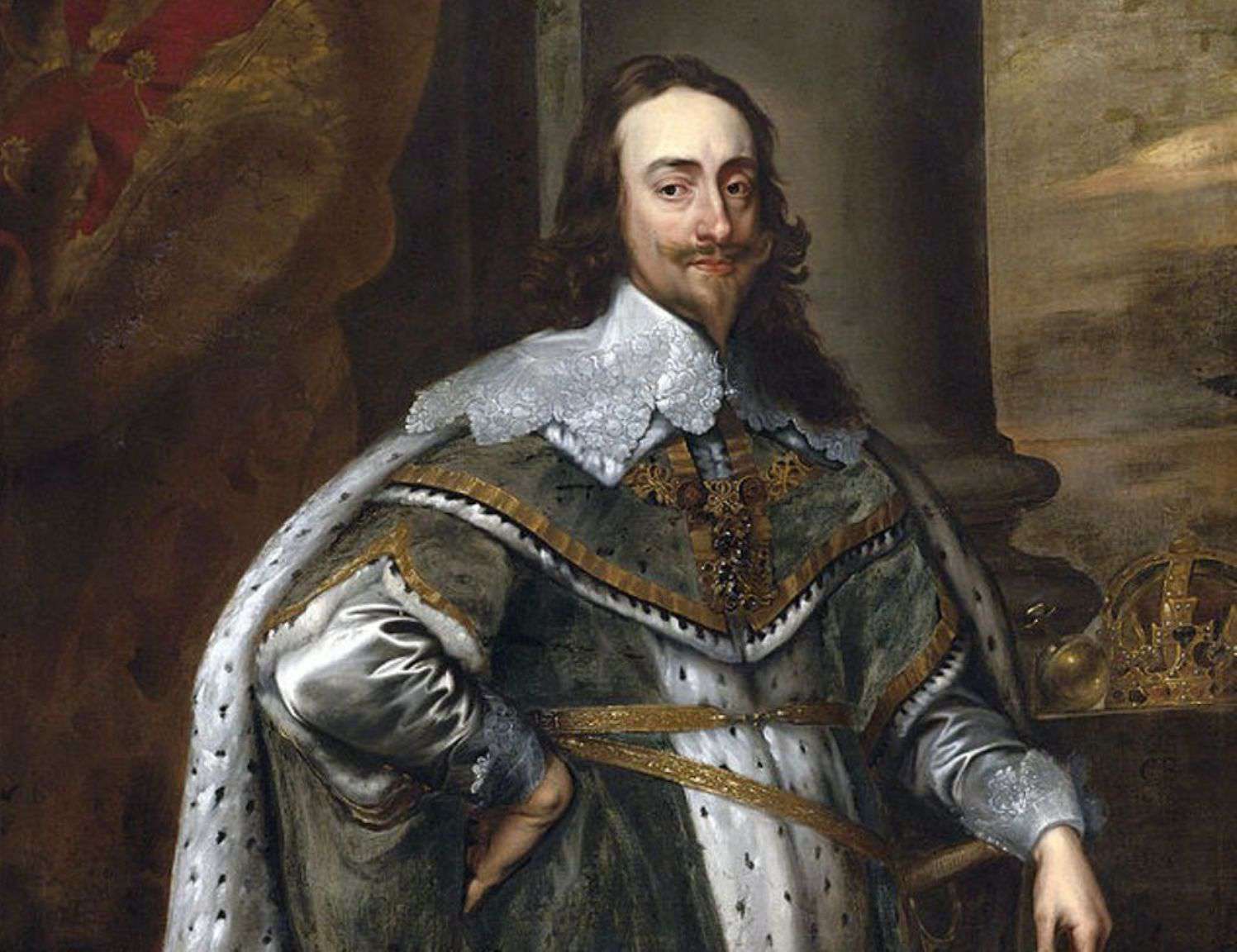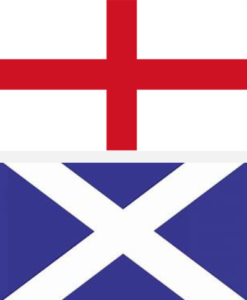Charles I (a Presbyterian, r. 1625 – 1649) reluctantly lends his assent to the Petition of Right, recognizing his obligation to abide by the Magna Carta, and agreeing to refrain from:
- Imposing taxes without the consent of Parliament,
- Imprisoning subjects without cause,
- Arbitrary arrests,
- Denial of Trial by Jury,
- Quartering soldiers in private homes without the owner’s consent, and
- Imposition of martial law.
[restored 9/21/2024]
Subsequent Events:
Authority:
Magna Carta, Chapter 13
ccc-2point0.com/magna-carta-excerpts
Magna Carta, Chapter 61
ccc-2point0.com/magna-carta-excerpts
References:
Winston Churchill, A History of the English Speaking Peoples, four volumes. (London: Cassell, 1956-58), 2:183-88.
Petition of Right – Wikisource, the free online library
en.wikisource.org/wiki/Petition_of_Right
Petition of Right – Wikipedia
en.wikipedia.org/wiki/Petition_of_Right


